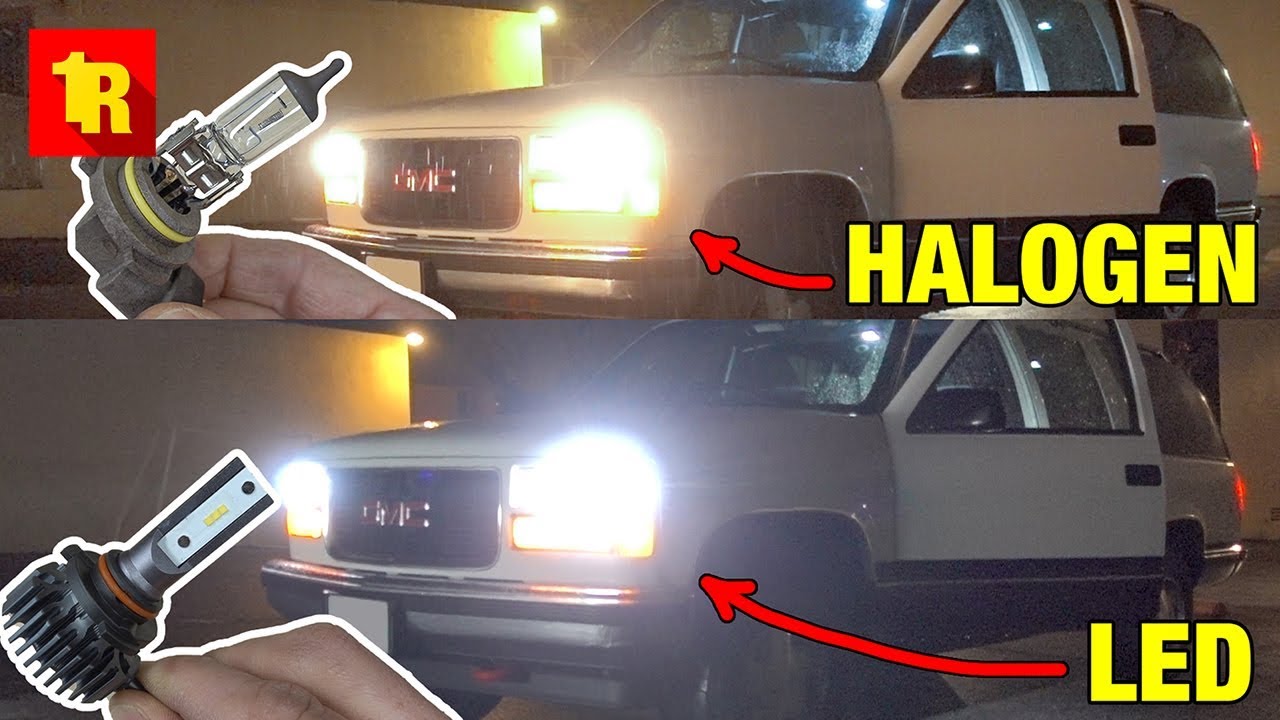The last thing any car owner wants to hear is that they need to have their engine replaced. Or even that their engine needs significant repairs. Not only can such tasks be incredibly expensive, but they will also put your vehicle out of commission for a while.
Of course, if you want to steer clear of engine issues, you must first be aware of the most common culprits. You can then take the necessary steps to ensure that you don’t fall prey to them.
Here are the top causes to watch out for…
1. Inconsistent Oil Changes
Engine oil is often called the lifeblood of your engine and this is certainly true. It is responsible for keeping all the parts well lubricated and cutting down on the risk of wear and tear. What’s more, the oil also gets rid of dirt, grime, and other types of buildup in the engine, preserving it even further.
Considering all it does, the oil does degrade the more you use your vehicle. Eventually, its lubricating capabilities will be significantly reduced. This leads to an increase in friction between engine parts and can even result in carbon deposits in the engine. Essentially, you need to change your oil as recommended.
The good news for you is that modern engine oil functions incredibly well. As a result, it doesn’t need to be changed as often. Nevertheless, it is important to follow the instructions in your car manual and to get the oil changed out as stated. This can keep a world of engine issues at bay.
2. Using the Wrong Oil
From the above section, it is clear that engine oil is important to the proper functioning and continued longevity of your vehicle’s engine. At the same time, this doesn’t mean that you can simply add any type of oil to your car. You must find one that is specific to your make and model. Otherwise, you put your engine parts at risk of friction.
See, each engine has its own requirements. On top of this, oil can also be affected by external temperature and weather. Thus, you need to select the right oil to ensure that it can effectively lubricate the parts depending on engine pressure, load, temperature and more.
Once again, this is where your car manual comes in. Your car manufacturer will outline just what kind of oil you need to use for the best performance and protection. You should also follow any additional instructions regarding seasonal changes. For instance, you may be expected to use oils with different viscosity depending on whether it is winter or summer.
3. Not Maintaining the Cooling System
You don’t need to be told than an overheating engine isn’t a good thing. However, do you know exactly what kind of issues this can cause? Well, an overheated engine can result in cracked seals and gaskets, warped cylinder heads, and even irreversible engine damage.
Now, one of the main causes of an overheating engine is a poorly maintained cooling system. As the name suggests, a cooling system is where the coolant is circulated through an engine. This removes the heat from the engine and to the radiator where it is cooled.
Of course, for this to happen, the coolant level must be maintained. If it isn’t, there won’t be sufficient fluid to cool down the engine as needed. To avoid this issue, keep a close eye on the coolant level. It needs to be between the minimum and maximum marked levels.
4. High Mileage
Another reason that your engine may be giving out rather quickly is due to covering long distances on a consistent basis. Since the engine is an integral part of the system, it is constantly working while you drive. Naturally, this can lead to greater wear and tear. In turn, this can cause more issues, resulting in an engine breakdown.
Fortunately, there is something you can do to counteract this issue. As long as you stay on top of maintenance, you can replace or tend to any parts that wear out. Thus, you can deal with them before they do any kind of damage to the engine or other parts. This will help lessen any issues that would typically result from wear and tear, extending the life span of your engine.
5. Driving with Low Gas Levels
Sediment, water, and various other substances can enter gasoline reserves in a variety of ways. Unfortunately, you wouldn’t know if this sediment is present when you pump the gas into your car. On the upside, it is unlikely that this grime will do any damage to your engine.
This is because the gunk tends to settle at the bottom. What’s more, the fuel filter does a good job of keeping these substances out of the engine. This, however, is provided that the fuel tank is at least partially full at all times.
Understand, if the fuel levels drop too low, there is a higher chance of the sediment being picked up. In some instances, it may even be able to pass through the fuel filter and enter the engine. This can lead to damage and reduced engine performance. Thus, keeping your gas levels up at all times is a habit you should get into.
These are the top culprits that can shorten your car engine’s life cycle. Of course, since you are now aware of them, it will be a lot easier to sidestep these issues in the future.
Source: https://unsplash.com/photos/OwBRQ0bykX8




